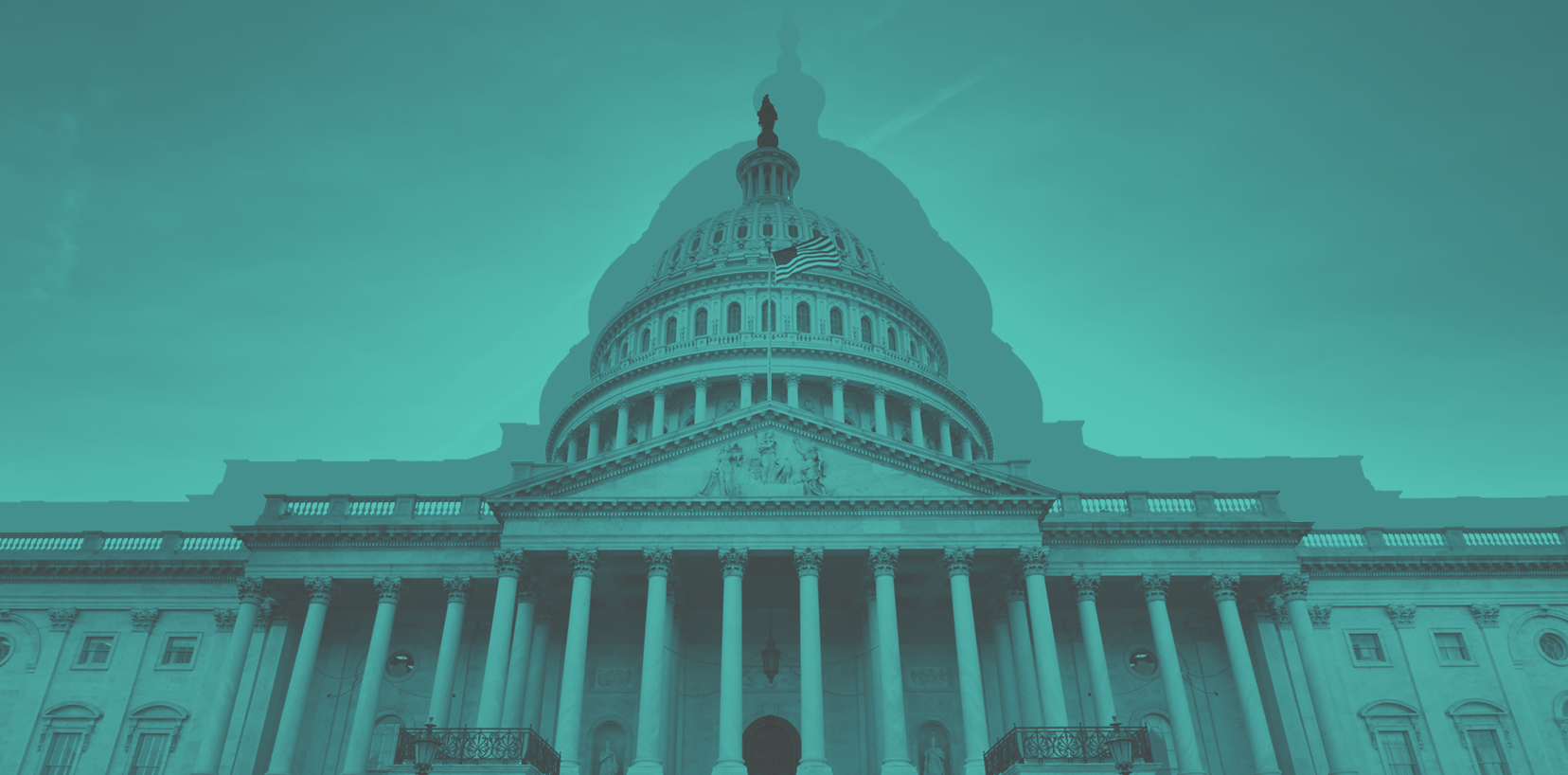
The SECURE Act (“Act”) passed the House on May 23, 2019, with overwhelming bipartisan support (417-3), and the same was expected to occur in the Senate. Following Congress’ August recess, however, the bill remains stalled in the Senate, with some sources questioning whether it will ever become law. This update will provide a brief overview of key provisions of H.R. 1994 – the version of the Act approved by the House and received by the Senate on June 3, 2019 – and will discuss the provisions said to be causing the holdup in the Senate.
Professional advisors have been closely following the Act’s progression through Congress, since the Act, if passed by the Senate, would result in sweeping changes impacting the advice and strategies offered by financial, estate, and business planners. Designed to encourage Americans to save for retirement by improving access to more types of financial products, the Act would also create incentives for employers to expand access to 401(k) plans, particularly to employees of small businesses and part-time employees—two groups traditionally ineligible for employer-sponsored retirement plans.
New Financial Products and Incentives
The Act would allow employers to offer annuities, including fixed index annuities. Presently, 401(k) plan participants are not able to put any of their balances in a guaranteed lifetime income option such as an annuity. With Americans living longer, traditional retirement options like 401(k) plans and pensions are not guaranteed to last, and many Americans are concerned about outliving their savings. Fixed index annuities help address these concerns by offering guaranteed lifetime income, as well as deferred tax benefits and principal protection. Employers have expressed concern about potential liability for breach of fiduciary duties related to the selected annuity provider, and about what their responsibilities would be for ongoing monitoring and oversight of that provider. To address this concern, the Act would create a safe harbor that employers can use when choosing a group annuity, protecting employers from liability if they select an annuity provider that, among other requirements, has been properly licensed by the state insurance commissioner for the preceding seven years, has filed audited financial statements, and has maintained sufficient reserves.
The Act would also give employers incentives to expand access to retirement products, including tax credits for businesses that offer plans with automatic enrollment. The Act would require employers to include long-term, part-time workers as participants in defined contribution plans except in the case of collectively bargained plans. Eligible employees would include those who have completed at least 500 hours of service each year for three consecutive years.
Want more news on current events impacting your business or estate planning practice? Subscribe to WealthCounsel's emails on breaking industry news here and get the analysis you expect and the information your clients need.
Moreover, small employers would be able to join multiple-employer defined contribution plans, which can help overcome the cost-prohibitive nature of current 401(k) options. By allowing unrelated small employers to band together in an "open" 401(k) multiple-employer plan (MEP), the Act would facilitate a reduction in costs and administrative duties that each employer would otherwise bear alone. Under current Department of Labor rules, only "closed" MEPs are allowed; participating employers must share common organizational relationships, such as being in the same industry and members of an established trade association. The SECURE Act would allow open MEPs for small businesses that do not share the same geographic area or a common trade, industry, or profession to be administered by what the legislation calls a "pooled plan provider," such as a financial services firm. Under the proposed statutory language, retirement plans participating in a group arrangement could rely upon a single annual report filed by the common plan administrator.
The Act would also include a number of other changes to the current long-term savings landscape. For example, it would allow 529 education savings plan participants to withdraw up to $10,000 to repay student loans. Additionally, penalty-free withdrawals from retirement plans (up to $5,000) would be permitted within a year of the birth or adoption of a child to cover associated expenses. The Act would also extend the period of time for companies to adopt new plans beyond the end of the year to the due date for filing the company tax return, giving employers additional time to cover their employees with a profit-sharing contribution. To promote additional savings, the SECURE Act allows automatic-enrollment safe harbor plans to increase the cap on payroll contributions from 10 percent to 15 percent of an employee's income per pay period, while giving employees an opportunity to opt out of the increase. Finally, the Act would allow pre-retirees to receive an annual statement that breaks down their current retirement savings balance into purported monthly paychecks. Combined with annuities, this could help clients better visualize their savings in terms of lifetime income instead of a single lump sum.
Certain Contentious Provisions
The provision garnering perhaps the most attention in the estate planning community is the Act’s imposition of a new 10-year maximum distribution period for death benefits from IRAs and defined contribution plans for non-spouse beneficiaries. It’s important to note that the Act’s proposed limited distribution period has exceptions for minors and disabled beneficiaries. Currently, distributions from inherited accounts can be stretched over the lifetime of beneficiaries, providing considerable tax savings. The change is intended to generate tax revenue and offset the cost of the Act's tax credits. Financial advisors and wealth managers have lobbied against this provision because the accelerated taxation will erode their client’s wealth accumulation.
Allowing retirees to delay taking required minimum distributions (RMDs) until age 72, up from the current age of 70 ½ is another provision receiving much focus. RMDs are the minimum amount participants must withdraw from their retirement accounts each year, set by actuarial tables. This change is intended to stretch retirees’ savings to improve the likelihood that it will last for their lifetime. Under current law, participants no longer employed by the 401(k) sponsor are required to take RMDs on both pre-tax and Roth 401(k) amounts at age 70 1/2. RMDs are not required from Roth IRAs, however, which is an incentive for some older plan participants to roll over Roth 401(k) funds into a Roth IRA. If a participant in a 401(k) or similar employer plan is currently working for the plan sponsor and is not an owner-employer (defined as having a 5% or more ownership interest), RMDs can be delayed until April 1 of the year after the participant retires from the plan sponsor under the "still working" exception.
Another contentious provision in an earlier version of the bill would have allowed 529 savings plans to pay for homeschooling expenses. House Democrats removed the provision just before voting, and certain Senate Republicans, including Ted Cruz, have objected to the removal. While certainly not the most significant provision in the Act, the opposition to its removal may be a significant factor in its holdup in the Senate. As a result, some speculate that the only way the Act will be passed is if it is attached to other viable legislation, such as the Fiscal Year 2020 funding bill.
Takeaways
The SECURE Act aims to address a pressing issue—lack of sufficient retirement savings among a significant percentage of Americans. The Act’s costly incentives and tax credits, which are intended to improve accessibility to and administration of employer-sponsored retirement plans, are to be balanced by other new measures, such as accelerated taxation of inherited IRAs. Trusted advisors should be prepared to speak with clients about the potential impact of the legislation, should it pass in the Senate. For now, the SECURE Act’s future is uncertain. Stay tuned.
WealthCounsel is the leading resource for estate and business planning attorneys. From our intelligent drafting software, to providing educational resources and and industry insights to our members, learn how WealthCounsel can benefit your practice here.



